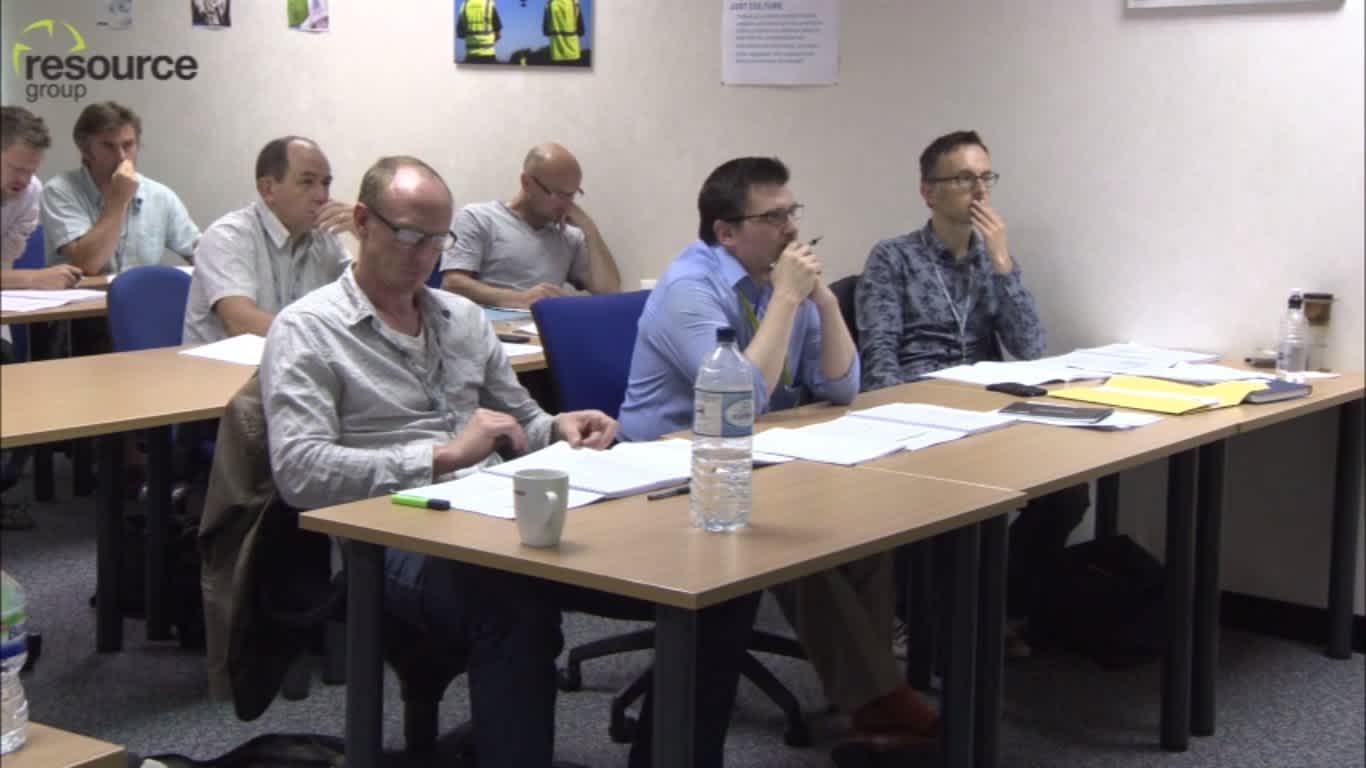
News
Published on 4 Dec 2014
James Willoughby
CAA Ground School - What to Expect
If you live in the UK & are looking to operate a Multicopter commercially you need permissions to fly, The CAA, is the organisation that manages the rules. ... Read More
If you live in the UK and are looking to operate a Multicopter commercially you do need permissions to fly, The CAA, (Civil Aviation Authority) is the organisation that manages the rules. They govern the airways for all aircraft types to ensure we can all operate together safely. They also have preference on what terminology we use to describe our aircraft and systems - 'drone', Remote Piloted Aerial System (RPAS), Unmanned Aerial Vehicle (UAV) or Unmanned Aerial System (UAS) being the most commonly known. You can read up on this here.
Heliguy are a CAA Approved NQE. Click Here to Book Your Drone Training.
Resource-Group.jpg Resource Group CAA Ground School Classroom Once you've identified the need for CAA permission, what should you expect? First off, the CAA won't be training you. Instead, there are two companies within the UK who approved to give you the necessary skills. The CAA will still grant the final permissions. A couple of companies can deliver the training; EuroUSC deliver the BNUC-S scheme, and Resource Group deliver the Remote Pilot Qualification (RPQ) course. There are is no such thing, just yet, as an official certification from the CAA. But we understand that moves are afoot to change in 2015, which we feel is a very good thing for the industry. Removing the questions comparing and evaluating the BNUC-S and RPQ, from seemingly identical training platforms is a conundrum for anyone new to the industry. Courses are relatively expensive for what they include, and you’ll be looking at £1800ish to gain the approvals. Course booking decisions do tend to be based on convenience of course locations over most other criteria. The BNUC-S and RPQ are approved schemes that allow you a quicker route to the CAA for permissions. View this approval as Resource or Eurosc referring your ability to understand CAA rules. eurousc_wp1-300x114.jpg logo.png
Resource Group RPQ Course
We at Heliguy have attended the training with Resource Group. Courses are in demand and it's worth planning ahead if you think you will need aerial permissions in the near future. Due to the nature of the ground school, there isn't even a necessity to own an aircraft. You can complete this stage with zero flight experience as the syllabus is theory based and objective in its nature. Intimate knowledge of UAV components and controls are not required. So it is advised to get booked ahead of your drone decision has been made, and during the business planning phase. After meeting everyone, you will find your self in a classroom environment with a great deal of raw information to absorb. At times it can be pretty heavy going with lots of power point material. As you can imagine, Air Law and Aviation Safety is heavily legislated so there is a lot to get through. Map reading and group tasks come as a welcome breather and there are plenty of tea breaks. The course does come with a fair amount of pre-course reading and it’s well advised to get this done well in advance. The saving grace of the ground school is the fact that you are surrounded by like minded people. In-depth conversation will ensue and questions are naturally generated for the ground school staff to answer. Everyone on the course actually wants to be there so there is no shortage of enthusiasm - people are willing to learn and talk about their prospective business ideas and real world applications. After a few days (two or three depending upon your course) of taking notes and engaging in debate, the time will come for your ground school exam. This is a pass or fail test. Providing you put the effort in you will pass with flying colours and will be one step closer to having permission to fly an unmanned aerial vehicle for commercial work. You'll go away thoroughly motivated for the next steps with a pocket full of business cards. It's a fledgling industry so you'll be pleased of the contacts. The next process is to build an operations manual to your specific UAV’s and work processes and have it agreed with your vendor. This can take some time, and bank on a couple of months to get this through. Upon having your Operations Manual in order, you then undertake a flying test. This incorporates you undertaking an inspection as to how you setup, pre-flight assess your rig, and go out and fly the vehicle. All being well, you’ll get a pass from this stage too, and a small plastic card will be on it’s way. At that point you are now an approved Pilot and can apply for permissions to work. Now you can get started and get working on that return on investment.
